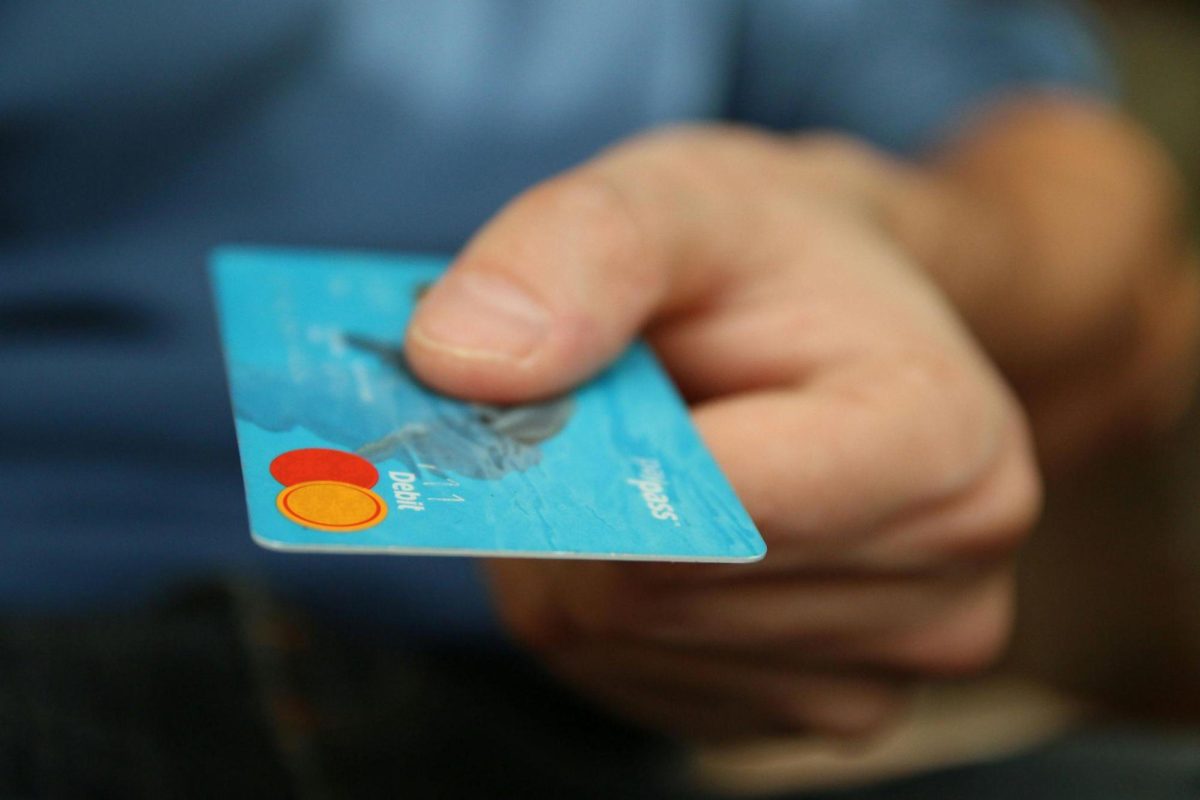Go almost anywhere on campus during the first few weeks of a new academic year and you’ll find offers that might seem hard to refuse.
Zero percent interest for the first six months! Sign up today and get a bonus! No monthly fees!
From brochures posted in common spaces to fliers distributed during welcome week, information around new bank account offerings, deals and products can feel overwhelming. There’s an avalanche of information around banking and credit options when first stepping on campus.
The college years are a great time to begin understanding how to establish a foundation for a bright financial future, and the bank accounts you open now can help launch that process when used responsibly. Here are three you should consider to help start your financial journey.
- Checking accounts
Checking accounts are all about access. They provide a convenient place to deposit your money, and enable you to easily withdraw it when you need it.
Checking accounts can also help you manage your money and make it easier to track your spending, especially when you bank digitally. And, while you can use them to pay for expenses like rent, a debit card or mobile wallet linked to your account allows you to pay on the go or get cash at an ATM.
Many checking accounts have monthly service fees, but college checking accounts often have options to waive fees while in school, like by setting up direct deposit for instance.
- Savings accounts
You might wonder why you need a savings account when a checking account offers so many benefits. First, most checking accounts pay very minimal interest, if any at all, so your money doesn’t grow while it sits in your account. Second, because it’s easy to access your money in a checking account, it’s just as easy to spend it.
Savings accounts live up to their name — you put money in the account and then leave it alone. Over time, your savings balance can earn interest.
Because saving is a critical part of your financial life, many banks make it easy to save automatically. Simply indicate how much and how often, and consider it done.
Savings accounts generally have more restrictions than checking accounts, such as fees for withdrawals and transfers. Remember, the goal of a savings account is to help you hold on to your money and grow your balance.
- Credit cards
A student credit card can help you take the first steps toward building credit. Why is that important? Using credit responsibly over time, by making on-time payments, spending within your credit limit, and carrying a low or zero balance, might help you improve your credit score – a three-digit number determined by credit reporting agencies. Lenders look at your credit score to determine your eligibility, loan amounts and interest rate – which is important, for example, if you ever want to finance a car, buy a house or rent an apartment.
Student credit cards are made for applicants who have little to no credit history – as many students do. Some credit card issuers also have “new to credit” or “beginner” credit cards that may be also appropriate for students, so be sure to research your options. Having a deposit (checking or savings) account with the card issuer may improve your chances of being approved. Look for credit cards that are offered with no annual fee, and which offer incentives like cash back or travel rewards. Some also offer upgrade paths to credit cards with more generous benefits.
How to get started
Most colleges and universities have banks on campus or nearby neighborhoods, and some schools might have partnerships with financial institutions. Stop by in person to learn more about available accounts, or you can apply online.
No matter how you get started, make sure to find out about accounts specifically geared toward college students and take advantage of the offerings. They’re a great way to help you create a budget, build credit, save for a rainy day and enjoy some fun purchases along the way.
Visiting your local Chase branch, located at 623 N Manhattan Ave., is another great way to find the financial resources you need while getting all your questions answered.
+++
For informational/educational purposes only: Views and strategies described may not be appropriate for everyone and are not intended as specific advice/recommendation for any individual. Information has been obtained from sources believed to be reliable, but JPMorgan Chase & Co. or its affiliates and/or subsidiaries do not warrant its completeness or accuracy.
Deposit products provided JPMorgan Chase Bank, N.A. Member FDIC. Equal Opportunity Lender.
© 2024 JPMorgan Chase & Co.


































































































































